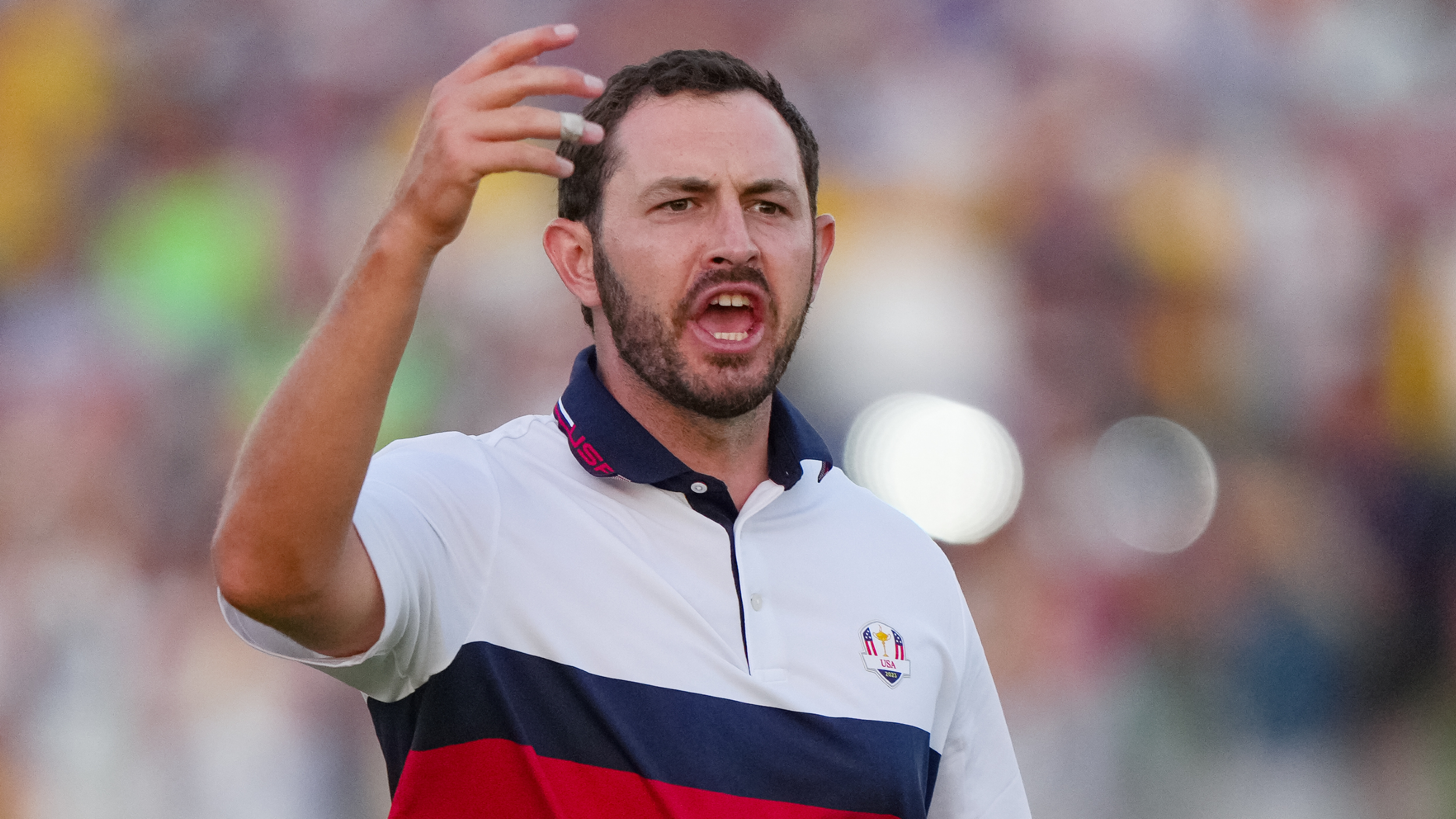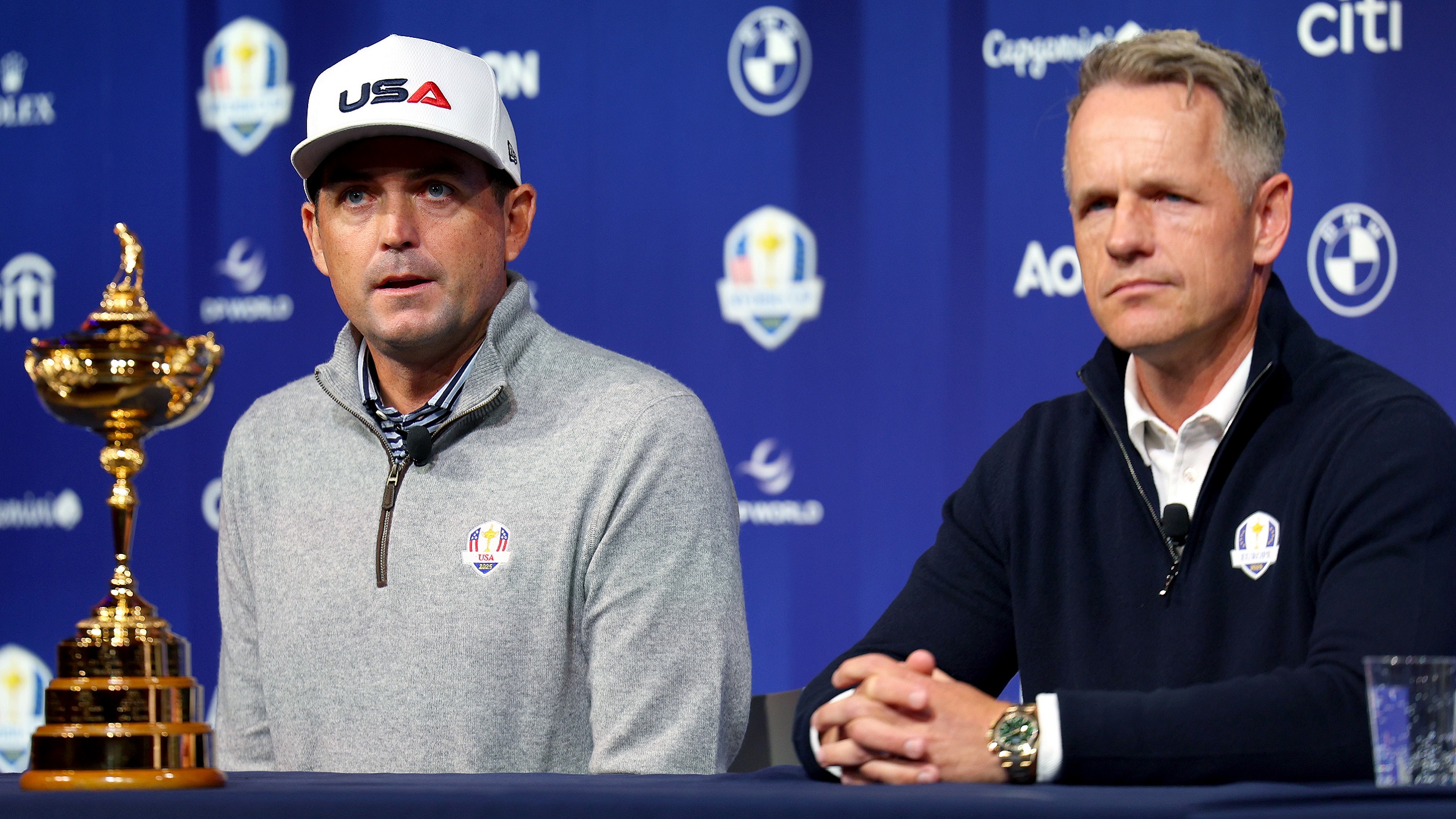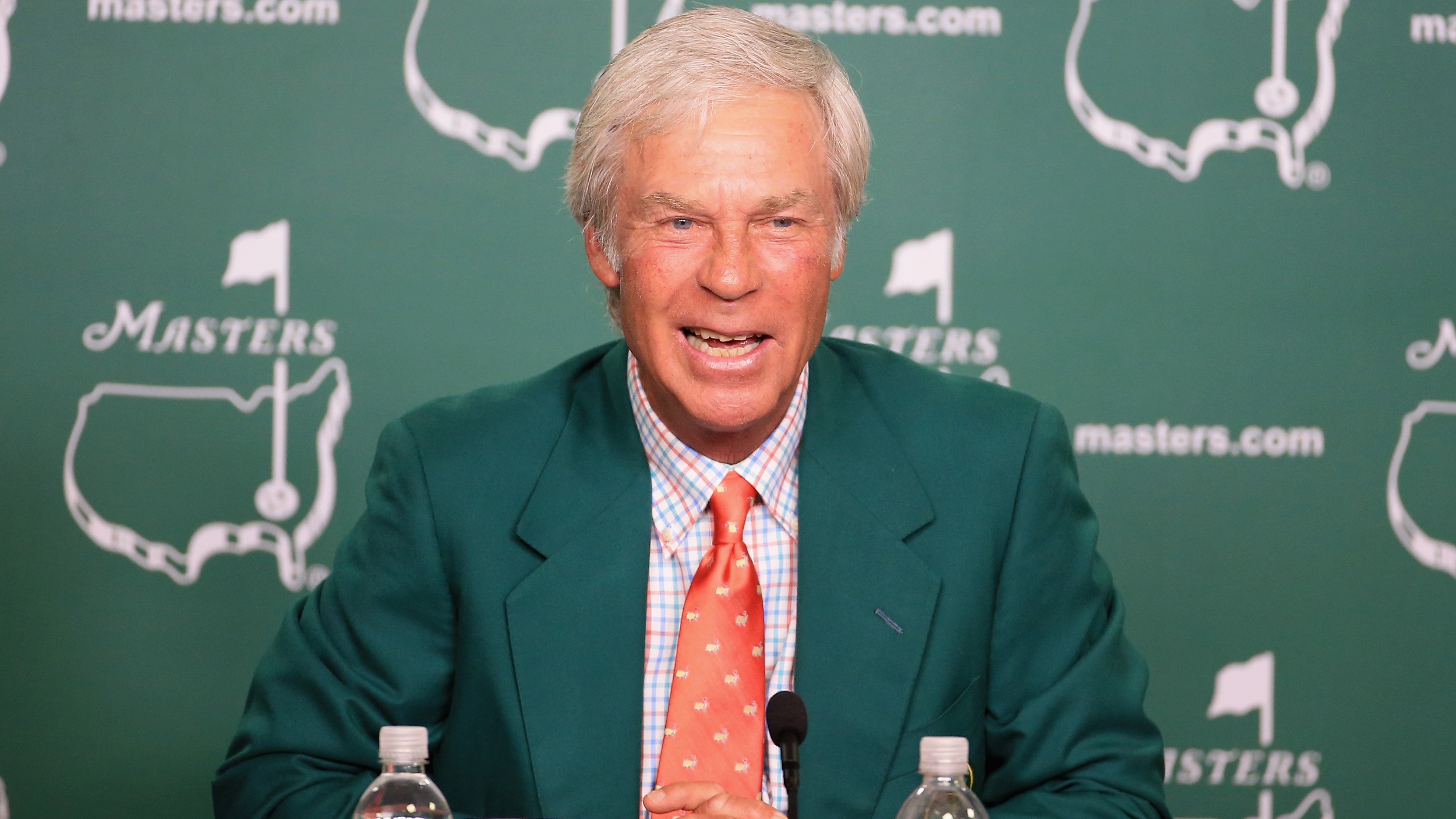
A dozen former US Ryder Cup captains have reportedly signed and sent a letter addressed to the PGA of America urging the governing body to pull back on alleged plans to pay players at the famous biennial event.
A story first published by The Telegraph in November claimed that a proposal had been drawn up to break with a 100-year tradition and financially reward the American golfers with a $4 million total payout - starting at the 2025 event in New York.
Previously, since 1999, anyone in the exclusive group of elite players taking on Team Europe had been given a $200,000 check which was then donated to a charity of their choice.
That decision was made over concerns of a potential boycott at the time, with then-captain Ben Crenshaw integral in ensuring the Cup took place as planned while easing tensions by introducing the charitable aspect.
However, the conversation around paying players directly has gained momentum over the past two decades - finally coming to a head at the 2023 event at Marco Simone when a report claimed Patrick Cantlay was not wearing a hat in protest over the issue.

Cantlay has always strongly denied that theory and insisted he simply could not find a cap that fit, but the issue has since rumbled on.
Now, a fresh report from Sports Illustrated says that 12 significant names in the world of American Ryder Cup history - which The Telegraph have said includes Crenshaw, Tom Watson and Tom Lehman - feel so strongly that the contest should be about pride and passion only, they have made an attempt to try and dissuade the PGA of America before a final decision is made.
Speaking anonymously to Sports Illustrated, one ex-US skipper said: “This was never intended to get out. This was done with the idea that you should play for your country and not reap financial benefit.
“We are trying to honor those who came before us and honor the Ryder Cup. It’s given us a lot of great moments in our lives. We’ve just wanted to show support.”
The same person also went on to say that they have no issue with the total being increased, as long as the money all goes to good causes.
They said: “If this $400,000 went to charity, that’s something else. Whatever they do, they have to get this resolved and get it behind us.”

A host of Ryder Cup heroes - past and present - have spoken out about the controversial subject in recent weeks, with Tiger Woods saying that he supported an increased payout but as long as it all goes to charity.
Others, like Patrick Reed and Paul McGinley, have echoed Woods' sentiments by firmly standing against the proposed idea. Reed stated that the competition was about "so much more than getting paid" while McGinley claimed the thought of breaking with tradition was "wrong on so many levels."
And, in an interview with Sports Illustrated before their latest story on the subject, Crenshaw - who apparently declined to say whether he was a part of the 12 former captains who had written to the PGA of America later on - expressed a similar stance.
He said: “I’m not sure if this is what the current players want. My hope is no and that they will be content with the money going to their charities. After all, I feel it necessary to honour all the Ryder Cup participants who came before us who proudly represented our country and the PGA of America.”

Going a step further, Rory McIlroy insisted he would pay organizers to play in the Ryder Cup if it came down to it.
However, not everyone agrees, with Hunter Mahan arguing that due to the considerable amount of money which is made from the event, at least a small percentage of it should go to the people who are at the centre.
Speaking to Golf Monthly, the three-time Ryder Cup player said: "It doesn't need to be lot, I mean, it's not millions of dollars or anything, but, I think when your goods and services are being used for someone else's gain, you should be able to sort of recoup some of that money because they're using you, right? So, that's sort of a simple short answer to it."
Either way, the subject is likely to rumble on until the PGA of America appoints a new CEO following Seth Waugh's departure back in June.







